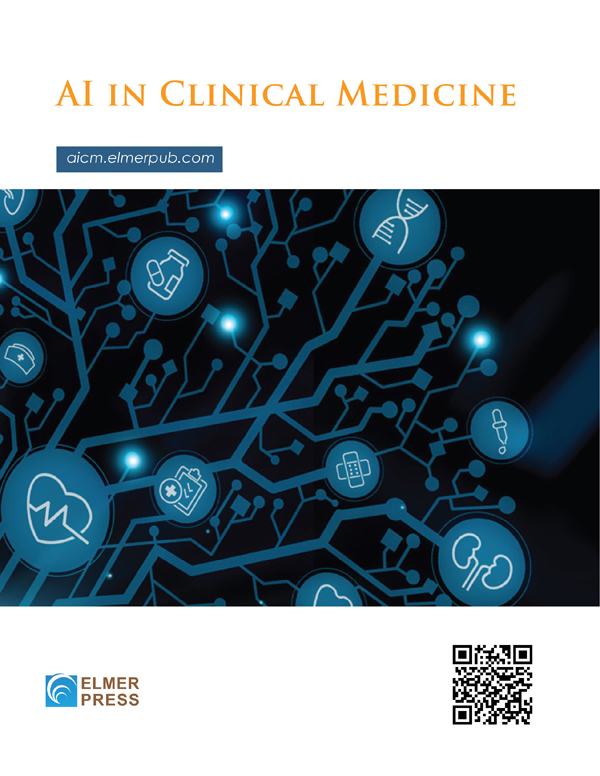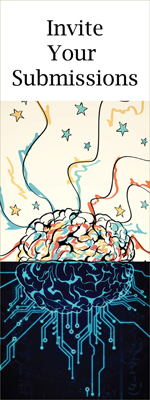Generative Artificial Intelligence as a Catalyst for Effective Cancer Treatments
DOI:
https://doi.org/10.14740/aicm5Keywords:
Generative artificial intelligence, Cancer treatment, Clinical decision support systems, Personalized treatment, Rapid learning decision-support systems, Adaptive cancer therapy, Large language models, Dynamic treatment scheduling, Precision oncology, Cancer therapeutic resistanceAbstract
Current standard of cancer care is supported by a continuously expanding set of therapeutic options becoming available to cancer patients such as KRAS inhibitors, third-generation tyrosine kinase inhibitors (e.g., osimertinib), new immunotherapy drugs (e.g., durvalumab), as well as adaptive and combination therapies involving chemotherapy, radiotherapy, immunotherapy and targeted therapy. Despite these advances, therapeutic resistance persists as an inevitable challenge to cancer cure. While combination therapy is a plausible strategy to thwart therapeutic resistance, further research is needed on rationalizing drug combinations. On the other hand, adaptive therapy is emerging as a sound strategy to counter the evolving nature of cancer and thwart or delay the onset of therapeutic resistance. Indeed, cancer is a nonlinear time-varying dynamical system whose treatment can be viewed as a problem of steering the disease to a desired end-state of cure or stable management based on monitored treatment response. The success of this strategy depends on accurate and reliable estimations/predictions of disease state and tumor growth dynamics. Therein lies the potential of generative artificial intelligence (GenAI) and its underlying large language models (LLMs) to leverage the accumulating big clinical, radiomic and molecular data about cancer patients and their treatments to power its learning and predictive capabilities towards assisting treatment decision-making. This perspective starts with examples of current therapeutic advances and a succinct overview of persisting challenges to the development of effective cancer treatments, followed by a broad survey of artificial intelligence (AI) applications in oncology and their varying degrees of clinical readiness. Given this context, cancer treatment is framed as a problem of controlling a nonlinear time-varying dynamical system, where data-driven GenAI learning and predictive capabilities would be instrumental in resolving the challenges of disease monitoring and controllability. The perspective shares insights about potential pathways to GenAI-assisted improvement of cancer treatments and discusses key challenges to its deployment in real-world clinical settings, including data curation, clinical validation, LLM hallucinations and ethical concerns. Ultimately, advancing noninvasive tracking of treatment response dynamics and curating corresponding big LLM training datasets are essential to the potential of GenAI as a catalyst for effective cancer treatments.

Published
Issue
Section
License
Copyright (c) 2025 The authors

This work is licensed under a Creative Commons Attribution-NonCommercial 4.0 International License.






